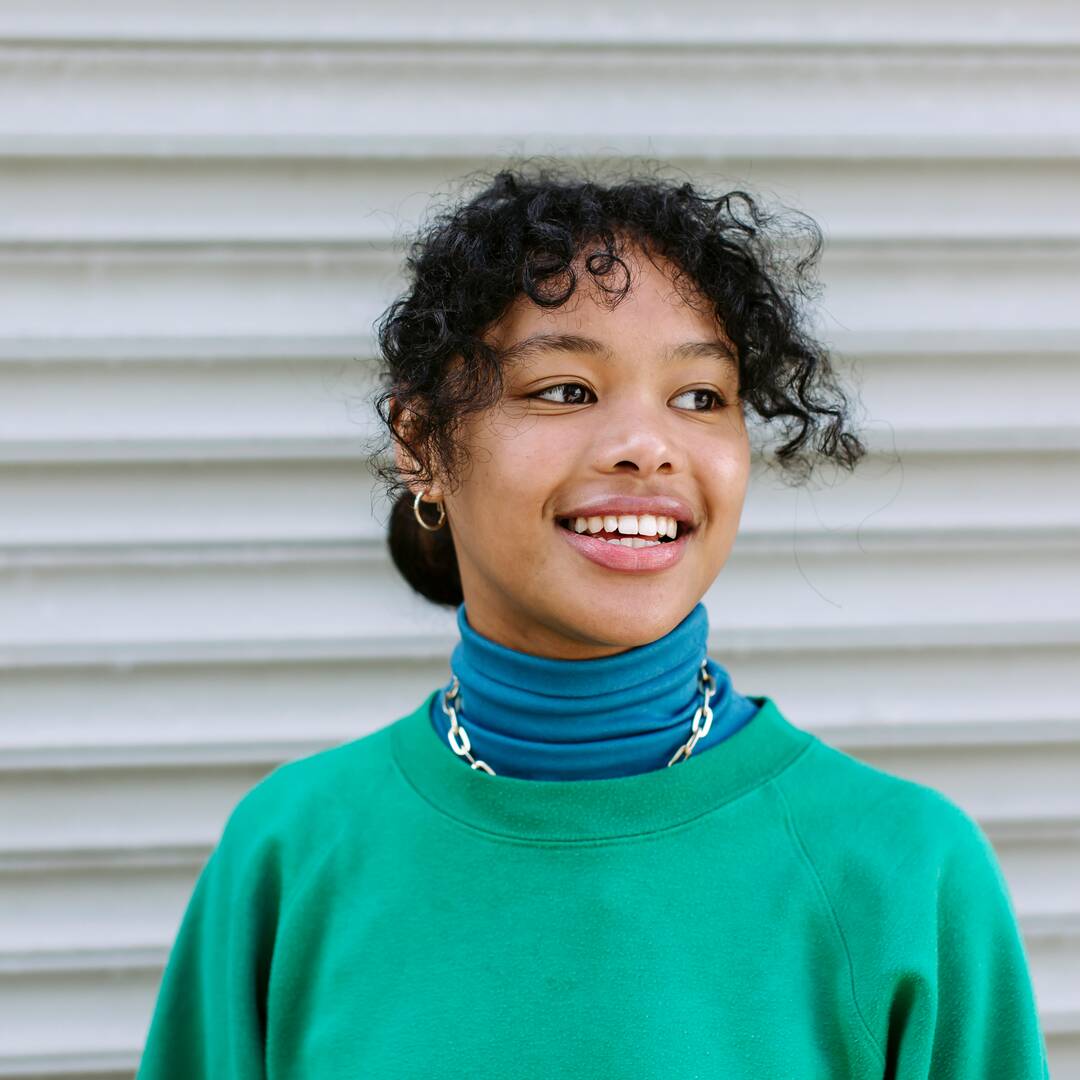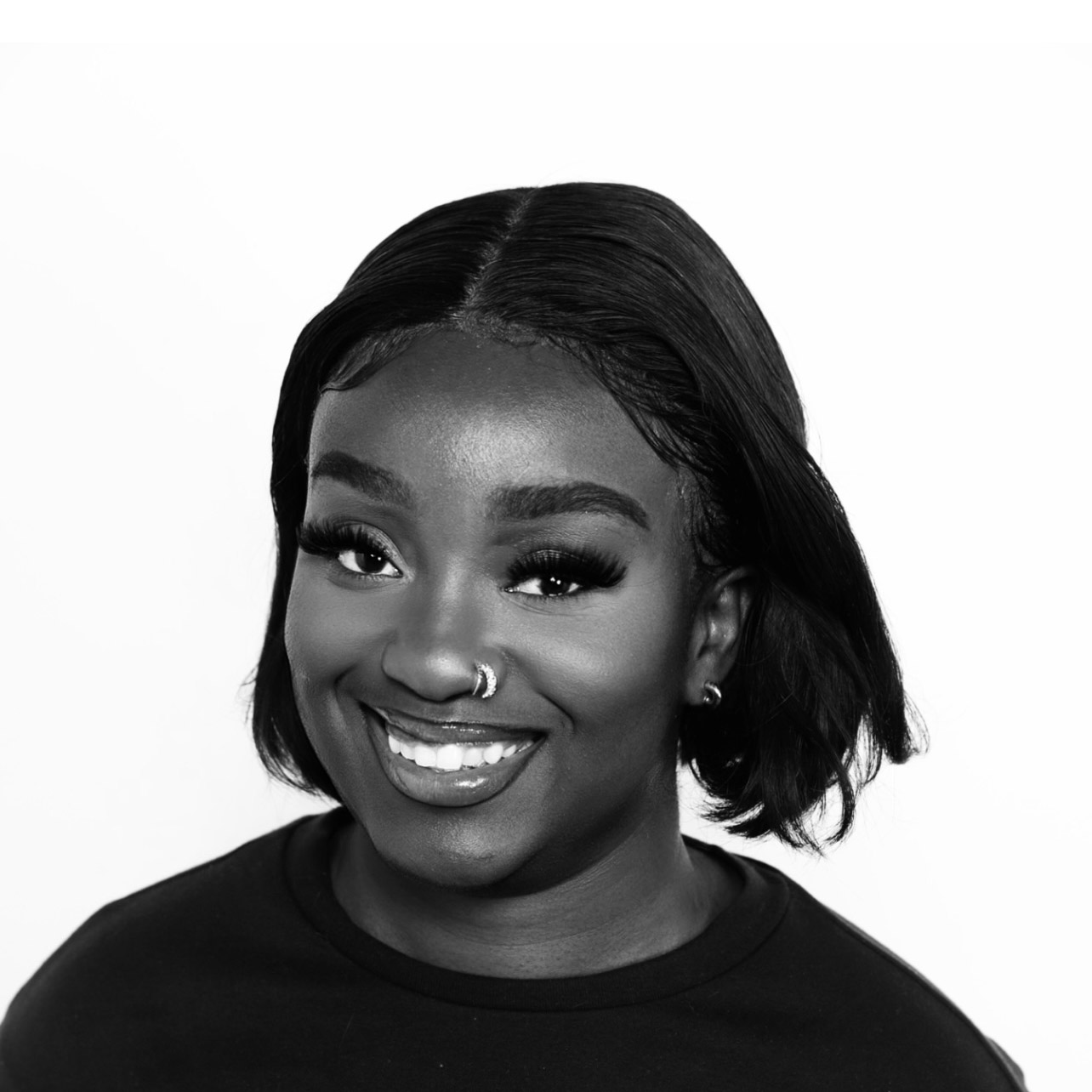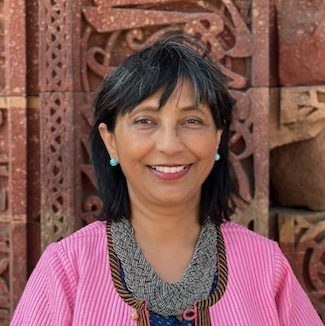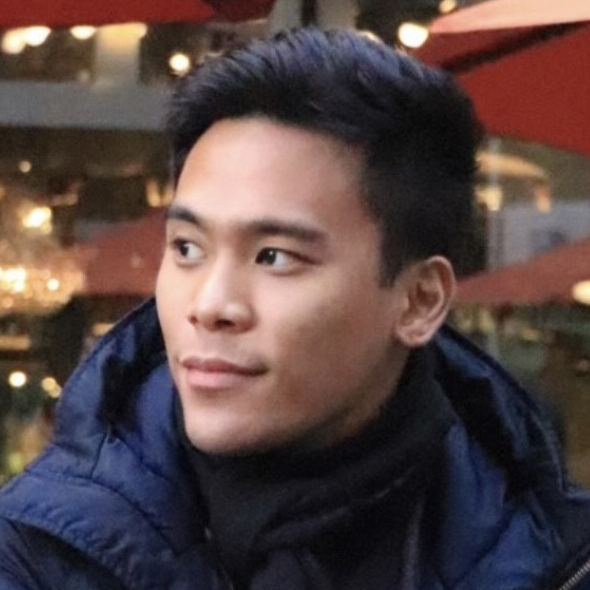Jubilee Ayuba Cabalar

Part 1 Architecture graduate, Brighton, United Kingdom
What inspired you to want a life in Architecture and the creative industries?:
I have always been a very eclectic person due to my mixed heritage background and my intrigue in multiple interests, especially creativity. I initially looked at design, then interior architecture and was eventually pushed towards architecture for my undergraduate. When I found out that architecture was functional art I wanted to know more. I love the prospect of creating beautiful, timeless places and spaces that can impact people’s lives for the better and help transform society. Now I know that being architect is the way I want to be the change I wish to see in the world.
Who inspired you in finding your path to Architecture/Film and the creative industries?:
In my design background Alvar Aalto stood out to me as someone who created beautiful and unique things and places that encompassed many of the values I also had. As I looked deeper into architecture Antoni Gaudi’s ingenuity and otherworldly, atmospheric architecture challenged me about what architecture can be and how it can be so linked to culture, identity, and place. One other person that has inspired the way I think about architecture is Francis Kere and his approach to embedding social commitment, knowledge sharing, tradition and innovation in order to progress an afro-futurist vision
How you unlock obstacles and overcome bias in your work?:
This is something I am still learning to do. But I think the more I link it to communities of people of the global majority it gives me more and more confidence that I do deserve a seat at the table and what I have to share is important. I think overcoming obstacles and barriers is about being perseverant and resilient enough to believe that you have value to add to the industry.
What improvements do you feel are required to promote effective change in the academic and working environment?:
I think that its important for those who have power to make the effort to understand and listen to those who are not as represented such as those from low income and diverse heritage backgrounds. One specific area which I have experience in as how academia and working life can further include those who have disabilities and health limitations, especially for those in architecture.














